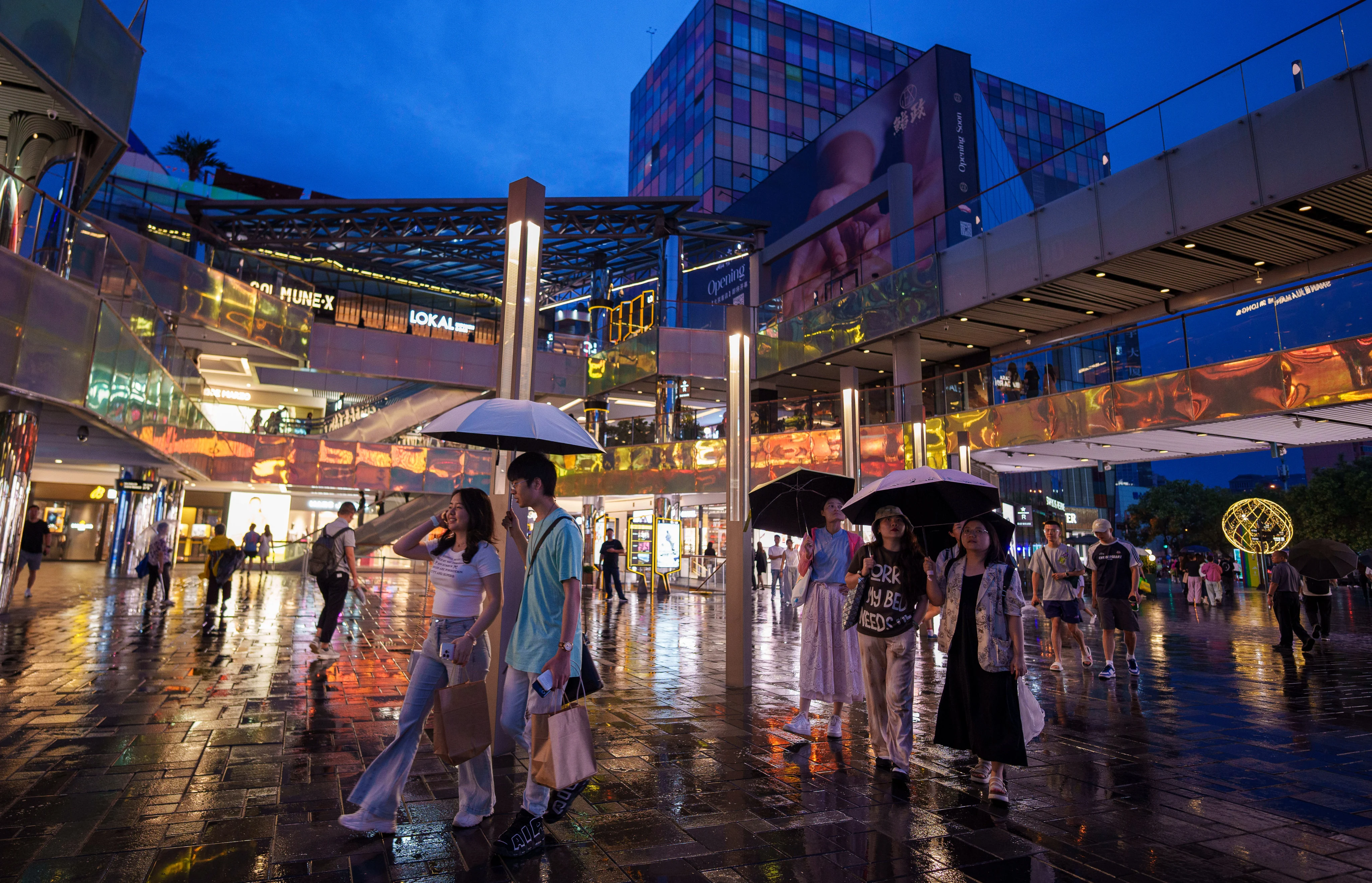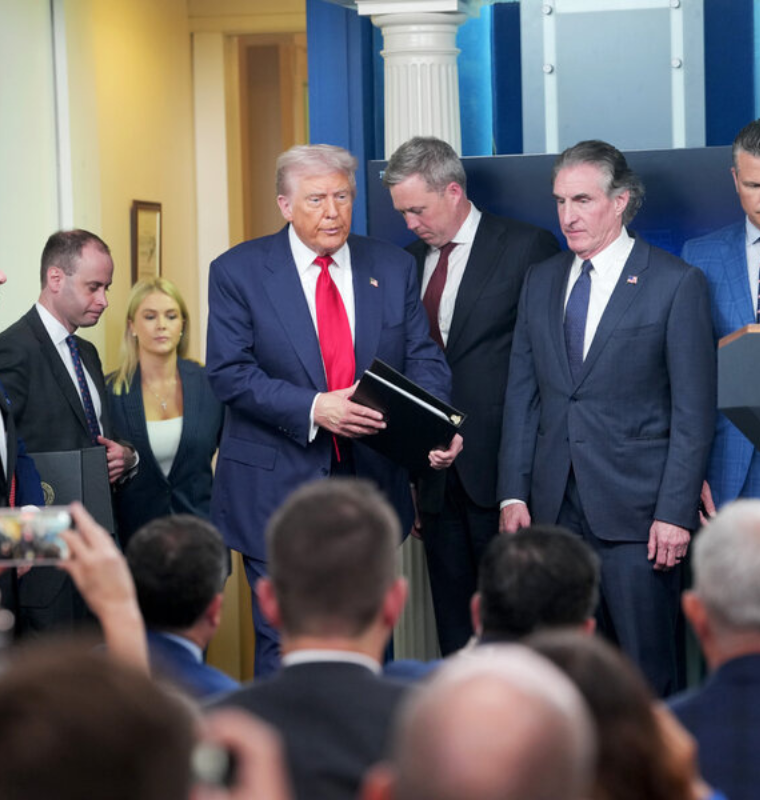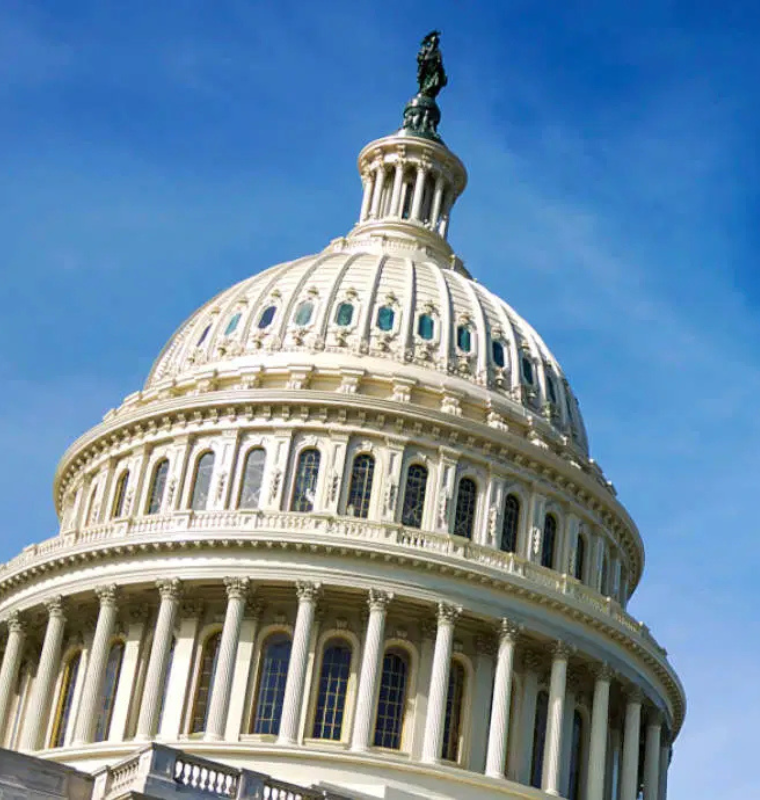Affluent Chinese Mirror Pandemic-Era Pessimism Amid Sluggish Economy and Youth Job Woes
Affluent Chinese Mirror Pandemic-Era Pessimism Amid Sluggish Economy and Youth Job Woes
By
Junia Wells
Last updated:
July 23, 2025
First Published:
August 6, 2025

Affluent Chinese Grow Increasingly Gloomy About Economy—But Still Splurge on Travel
Affluent Chinese citizens are now as pessimistic about the state of the economy as they were during the height of the COVID-19 pandemic, signaling a broader crisis of consumer confidence and long-term financial anxiety. That’s the key finding of a new report by consulting firm Oliver Wyman, which surveyed 2,000 high-income households across China.
Sentiment Sinks to Pandemic-Era Lows
According to the survey conducted between May 16 and 27, 22% of affluent respondents reported feeling negative about the economy—edging past the 21% figure recorded in October 2022, just before China lifted its zero-COVID policies. This recent reading marks one of the lowest points in economic confidence in the past three years.
Respondents were notably more pessimistic about their five-year outlook than they were in previous editions of the survey, reflecting a “fundamental mindset shift,” according to Imke Wouters, partner at Oliver Wyman.
“If people believe their financial situation won’t improve in the long run, their entire spending and saving behavior changes,” Wouters said in an interview with CNBC.
Economic Pressures Mount
The gloomy sentiment comes at a time when China faces several headwinds:
- Retail sales growth has slowed in recent quarters
- Deflationary pressures persist as companies slash prices to remain competitive
- Real estate values are sliding, reducing household wealth and driving anxiety
In 2024, auto sales fell, consumer electronics shipments declined, and the housing market remained stagnant, further weighing on high-income consumer confidence.
The surveyed group represents a sliver of China's population—households with monthly incomes exceeding 30,000 yuan ($4,180)—compared to a national urban per capita income of 54,188 yuan annually, well below U.S. figures.
Youth Outlook Darkens
The steepest decline in sentiment came from young people aged 18 to 28, especially those in China’s largest cities. This demographic expressed sharp pessimism about the economy in May, continuing a downward trend from April.
This coincides with China’s youth unemployment crisis. The jobless rate for those aged 16 to 24 remains in the mid-teens, even as the broader national unemployment rate hovers near 5%.
By contrast, respondents aged 29 to 44 were the most optimistic—likely due to higher accumulated wealth and more stable careers. Oliver Wyman notes that most of China’s affluence sits with millennials and Gen X, who view the current downturn as cyclical rather than permanent.
Consumer Confidence Index Still in Decline
China’s official consumer confidence index remains suppressed, at 88 in May, just marginally above the record low of 85 in November 2022, when COVID lockdowns were still in effect, according to the National Bureau of Statistics via Wind Information.
Another independent 2023 study led by Harvard’s Martin King Whyte and Stanford’s Scott Rozelle found that Chinese people increasingly believe “unequal opportunity” is the top reason for poverty—up from sixth place nearly two decades ago. The study also showed that people across all income levels felt their family’s financial situation had worsened in 2023.
Travel as a Coping Mechanism
Despite the negative economic sentiment, affluent Chinese are increasingly eager to travel abroad, with many preferring to spend on experiences over luxury goods.
“People want to feel good now. Travel offers immediate joy, and that’s where they’re putting their money,” said Wouters.
Oliver Wyman projects that 37% of affluent Chinese will travel internationally in 2024—higher than the 32% rate in 2019. So far, 27% have already traveled, with another **10% planning trips later this year.
However, many are avoiding long-haul destinations like the United States, favoring regional travel instead. Visits to Malaysia and Japan have fully rebounded to 2019 levels, according to the firm’s data.
Co
While China’s wealthy are cutting back on spending and growing more conservative in their long-term outlook, their desire for international travel points to a shift in priorities: seeking emotional value over material gain. But unless economic indicators improve—particularly youth employment and property prices—the nation's confidence crisis may deepen, with significant implications for domestic consumption and global luxury markets.
Popular articles
Subscribe to unlock premium content
Disney’s Timeless Magic and How the Entertainment Giant Continues to Shape Culture and Innovation

Imran Khan’s Economic Missteps Amid Political Chaos in Pakistan

The Philippines’ Digital Shift How Remittances and BPO Are Fueling Growth

Disney’s Timeless Magic and How the Entertainment Giant Continues to Shape Culture and Innovation

Imran Khan’s Economic Missteps Amid Political Chaos in Pakistan

Disney’s Timeless Magic and How the Entertainment Giant Continues to Shape Culture and Innovation









